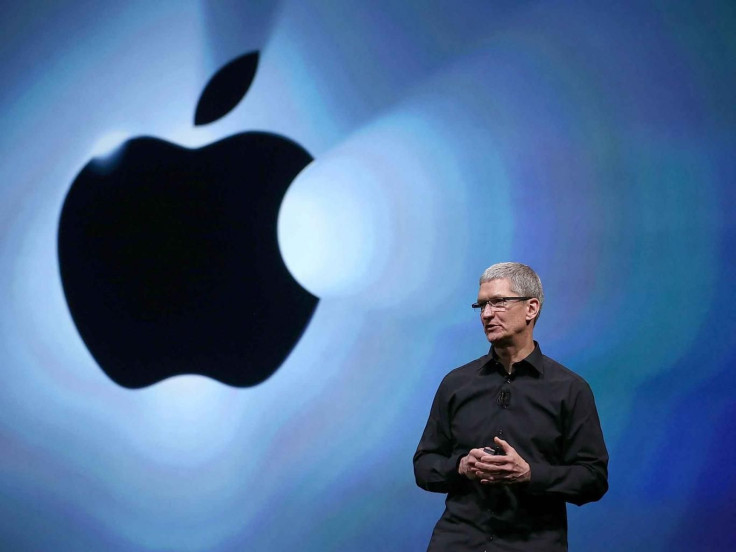On Tuesday, U.S. Magistrate Judge Sheri Pym ordered Apple to help the FBI hack an iPhone belonging to Syed Farook, one of the shooters in the December San Bernardino attack. Citing the All Writs Act of 1789, which gives federal judges the ability to “issue all writs necessary or appropriate in aid of their respective jurisdictions and agreeable to the usages and principles of law,” Pym said the court was authorized to require Apple’s assistance with cracking Farook’s iPhone 5C.
The FBI is looking for ways to circumvent Apple's encryption methods, claiming that such unbreakable encryption is undermining its attempts to stop terrorism around the world. But Apple CEO Tim Cook along with security researchers and privacy advocates around the world strongly disagree. The benefits of creating government backdoors in devices cannot outweigh the precious cost to users’ privacy, they say.
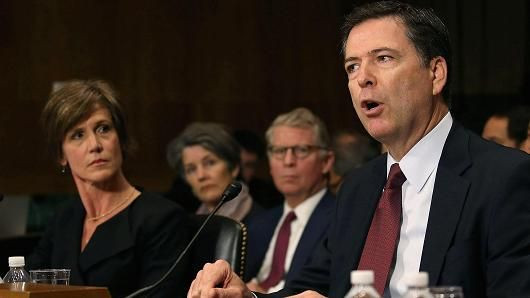
“The question isn't whether Apple should help in this particular case, but whether Apple can be compelled to help in all cases,” security researcher Rob Graham said in a blog post on the topic.
If Apple is compelled to follow the court order, then that ruling could have implications for the company’s future success as well, security trainer and privacy advocate Andrew Lyons told iDigitalTimes.
“The law, if it were to be applied, would single out proprietary technology and create an unfair competitive advantage for software created outside of U.S. jurisdiction on the international market,” Lyons said. “This would be an advantage for open source platforms, which can't be covertly backdoored, and can always be openly audited, forked and strengthened by anyone, independently.”
Simply put, if customers know the US government can force Apple or any other company to develop a tool that cracks their devices' security mechanisms, then why wouldn’t they look for different devices that provide better security? And, if Apple is compelled to aid in breaking encryption on its devices, then it’s feasible that China or any other government could demand similar privileges.
According to the NYTimes, China is watching to see how this story will unfold as it has actively searched for ways to defy encryption on Apple’s devices in the past.
But Apple isn’t the only company that stands to lose if the ruling is upheld. The outcome of this case will have overarching effects for numerous American technology companies, said Lyons.
“Apple, Microsoft, Google all stand to lose if they become the neighbor with the spare key,” he said.
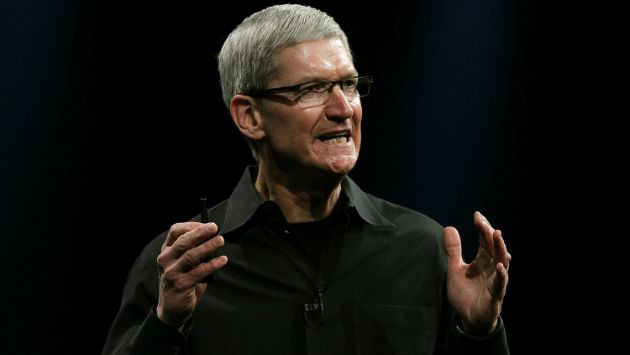
Apple has pledged to fight against the FBI hack court order and has been joined in its efforts by the Electronic Frontier Foundation.
If this order is upheld, it had no limiting principle,” EFF attorney Nate Cardozo told iDigitalTimes. “The precedent could be used to force any provider to backdoor any device, app, or service.”
The organization posted a blog announcing its legal support of Apple in its fight against the judge’s ruling, stating that the organization “applauds Apple for standing up for real security and the rights of its customers,” and will file an amicus brief in support of Apple's position.
Background On The Apple FBI Hack Court Order
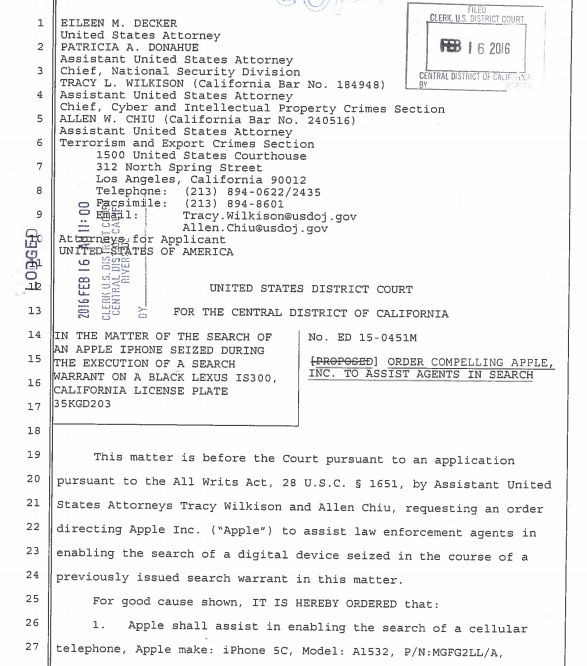
Though Judge Pym’s ruling doesn’t require Apple to decrypt the San Bernardino shooter’s phone, she did find an interesting way to force the same results. In the order, Pym ruled Apple must provide “reasonable technical assistance” that would allow the FBI to easily hack the device. That reasonable technical assistance would come in the form of two things specifically:
1) Give the FBI the ability to bypass or disable the auto-erase function on the device
2) Allow the FBI to submit passcodes to the subject device electronically and at a high speed rather than having to type each try individually.
To do this, Apple would need to develop a custom iOS firmware update that could be installed on the device. If such a tool were created, the FBI would have little difficulty cracking the device’s passcode in a quick and orderly fashion.
As it stands now, hacking an iPhone password is extremely tedious because passcodes must be entered manually and after each wrong try you have to wait a longer and longer amount of time to try again. If you enter the password incorrectly too many times, the Phone can also be set to auto erase all content.
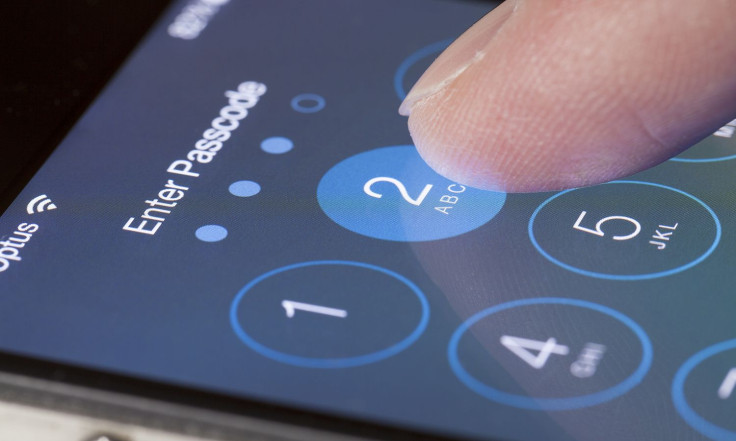
While Pym’s ruling doesn’t directly require Apple to hand over the encryption keys for the device, it still effectively provides a backdoor for government officials to quickly and easily hack any iPhone.
The FBI claims it only wants Apple to develop the tool for use in this one isolated case, but according to Apple CEO Tim Cook, the court order sets a chilling precedent for future uses and abuses of such a tool.
Wednesday, Cook posted a letter to customers, in hopes of starting a public discussion surrounding the FBI’s demand and its implications for people in the United States and beyond.
“We want our customers and people around the country to understand what is at stake,” Cook wrote.
“The United States government has demanded that Apple take an unprecedented step which threatens the security of our customers. We oppose this order, which has implications far beyond the legal case at hand.”
And, indeed, if the court order is upheld and Apple is forced to provide the custom firmware the judge and the FBI are demanding, the implications are widespread to both citizens of the United States and the world. The ruling could also have major ramifications for Apple’s future success as a technology leader.
Apple has fought long and hard for the privacy and security of its user base, developing in its latest devices the most sophisticated encryption technology available. With its secure enclave technology found in iPhone 6 and above, Apple has made it so that even if ordered to do so, the company cannot crack the encryption on the device.
As more develops in this story, we will continue to provide updates.
UPDATE: Apple Pens Second Open Letter, Answers Questions, Calls For Government Security Panel Formation

